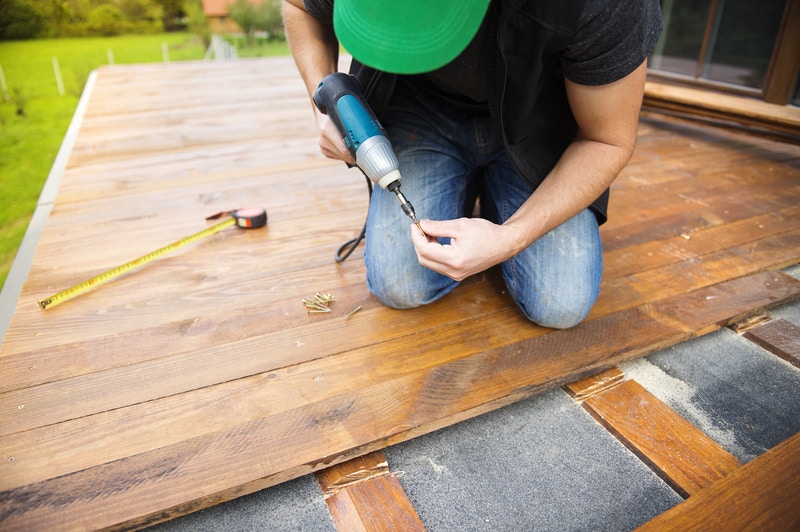
A high precision machining tool is used for shaping and and machining metal, as well as other rigid materials. This piece of equipment is an investment that allows your shop to produce custom materials that you need for your operations. Whether you are purchasing a metal working machine to produce shears or press brakes, or to complete work with sheet metal and other fabrication materials, the industrial machine you purchase needs to be properly serviced and maintained to extend its use.
Machine tools mainly function in terms of removing material from a work piece, often for functionality purposes. A high precision machining tool also operates a wide array of functions including threading, boring, turning and facing. Because of their use machine tools must be extremely hard and durable. Regular maintenance and repairs are a necessity if you want to produce quality work.
Machine shop and engineering services can provide customers with custom pieces for mower repairs as well as snow blower replacement parts. The machine itself, however, is only as good as the the operator. Purchase of any new high precision machining must be accompanied with proper training and maintenance to protect your investment. For example, machine tool parts that regularly rub together should be regularly lubricated to avoid damage. If unusual noises are heard while using a machine tool, the operator most be aware that this may be a sign that the machine needs to be inspected or repaired. Continuing to use a damaged machining tool can lead to costly repairs.
If you are unable to repair or service your industrial machine parts, it is important to find a machining environment that is able to support hydraulic repair service, machine tool repair, or provide sheet metal machinery repair technicians. It is important to work with a shop that understands your customer needs for quality machined and/or repaired parts on time. Contracting service with a skilled job that is capable of machining new parts, as well as to repairing used and worn parts.
When it comes to machine tooling, there truly is no small part. The machine operator has to will trained in producing your product, in addition to being well trained in the equipment used on a daily basis. Proper maintenance and usage will increase the life of your investment. The first machine tools ever made were handcrafted and date back to 1200 B.C.
Since that time, of course, the industry has made major advancements. No advancement, or piece of new equipment for that matter, can provide the expected results if the operator does not follow all safety and usage instructions.